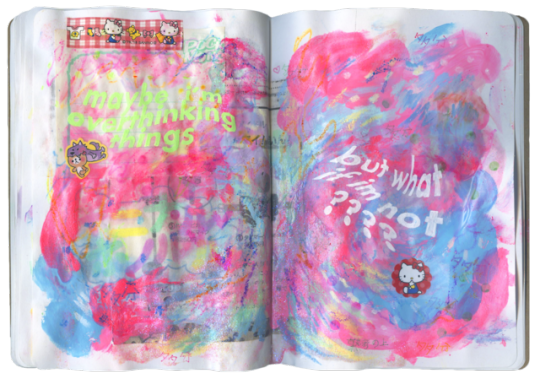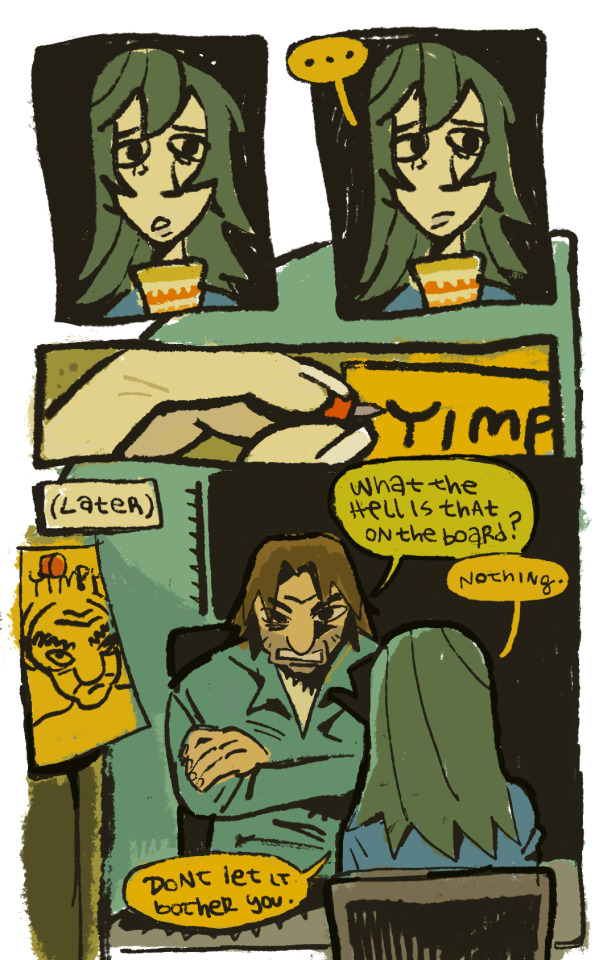it's rappersmuse. kiwi/kwinii. 31. cancer, infp. mentally ill artist and gaymer.
Don't wanna be here? Send us removal request.
Text
it’s fucking wild because one day you’re like i guess i’m not dying tragically young and you go to the store and you buy dental floss, ingredients for soup, and a bath mat
47K notes
·
View notes
Text

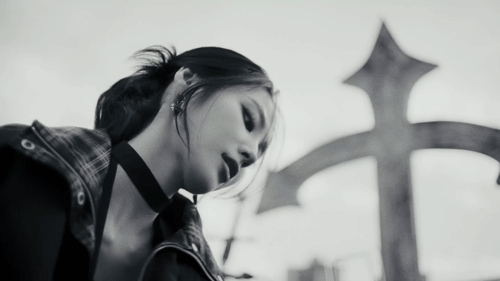
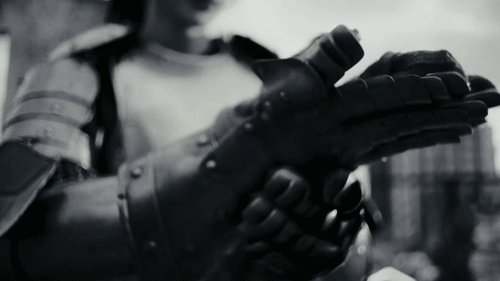
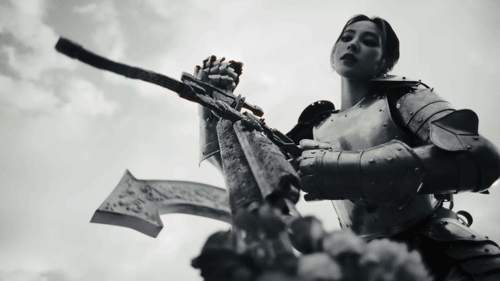
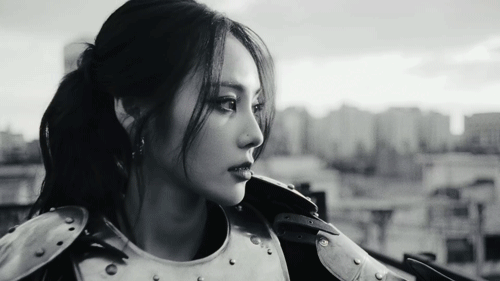
ICARUS (CINEMATIC VER.)
ARTMS JINSOUL
1K notes
·
View notes
Text
The Matriarch Isn’t the Villain. She’s the Mirror

I often hear a discourse where Celine in K-pop Demon Hunters, Alma in Encanto and Ming in Turning Red are seen as vilains. They’re the ones who restricted the younger generation, hurt them, and are ultimately responsible for their pain, trauma and self-doubt. They’re framed as the real villains of the story. But I’d like to differ.
These are stories of intergenerational trauma. They are women who survived, repressed, and tried to protect their families the only way they knew how: through control, perfectionism, and emotional suppression.

And yet, when the next generation begins to reclaim joy, freedom, softness — they become the obstacle. Not because they’re bad people, but because they’re scarred. Their minds cling to survival strategies, unable to recognize that the environment has changed.
Alma is still stuck fleeing the colonizers.
Ming is still afraid of her true self.
Celine believes that fear and mistakes must be hidden.
It’s not about hating these characters. It’s about how unprocessed trauma twists love into control. How survival, unexamined, turns into rigidity. These women were never given space to process their own pain and they project it onto their daughters and granddaughters.

And here’s something we rarely say enough: intergenerational trauma can create toxic patterns but that doesn’t always mean there was abuse or conscious harm. Even when their love becomes suffocating or controlling, these women are not necessarily “abusive parents.” They are daughters of silence, fear, and sacrifice. And they were never taught another way. It’s important to make that distinction, especially in a world that often pushes a binary, punitive reading of family dynamics.
They’re the product of a generation that was told to endure. But endurance without healing becomes its own kind of violence.

What’s powerful in these stories is that they don’t end in vengeance. They end in confrontation and transformation. The confrontation is necessary: the younger generation refuses the silence. Refuses the shame. Refuses to carry a burden that wasn’t theirs to begin with.
The house is destroyed in Encanto.
Mei accepts her full self.
So does Rumi.
And in the best cases, this confrontation allows the elder to soften too. Alma opens up. Ming listens. And I’m hoping in the sequel, Celine will open too.

Maybe that’s also why these stories speak so deeply to POC audiences. These aren’t stories about cutting ties. They’re stories about how hard it is to transform them, to protect ancestral bonds while refusing to perpetuate inherited pain. In many racialized families, collectivity, loyalty, and intergenerational duty are sacred... even when they come at the cost of personal boundaries.
And sometimes, Western individualist frameworks read these tensions as dysfunction or villainy. But for us, they’re just the difficult truth of growing up and trying to do better.
These women aren’t villains. That would be too easy. They embody the fragile, necessary work of bringing change without breaking the thread. These stories are about refusing to inherit their pain without reflection. Because love, without accountability, is not enough.
These stories show us that each generation has something to learn from the next. And the new generation must also break free from the chains they inherited while preserving what is meaningfull.

But it’s not just their story.
One day, we’ll be the older generation.
And we’ll need to be humble enough to learn from the ones after us.
So don’t be a fool.
We may be Mei, Rumi, or Mirabel today.
But tomorrow, we could be Ming, Celine, or Alma.
And when that time comes, we’ll realize how hard it is to unlearn what once kept us safe.
So let’s have compassion for all these characters.
Because these stories show us not just how the cycle of generations works, but how it can make us better, stronger, and more connected... if we’re all willing to go through the change.
∘₊✧──────✧──────✧₊∘
If you’re curious, I’ve written more on K-pop Demon Hunters:
A post on the mental health themes woven through the songs — right here.
A breakdown of Celine-Rumi in comparaison to Gothel–Rapunzel dynamic — here.
An analysis about Rumi, Jinu, and the danger of sinking together — here.
Some book recs for each of the K-pop Demon Hunters characters — here.
16K notes
·
View notes
Text
What really ticks me off when talking about ai is when people are like "it's unavoidable" or "you'll have to learn to use it someday" or "its going to be part of the future" like no it's plenty avoidable actually if you have a spine stronger than a dandelion. You simply say "no" and continue to use your own goddamn brain.
78K notes
·
View notes
Text
*through gritted teeth* the world is GOOD. people are kind. Humans are NOT inheritly selfish. you will make it through this year. recovery is possible. people you don't know yet will love you. You are going to do things you can't even imagine right now. You are going to read a rlly good book. You are going to eat some rlly good food. You are going to experience joy again. Things can get better. Situations can change. You can choose to be kinder. The world can change for the better.
49K notes
·
View notes
Text
Don’t miss out on your life while you’re trying to get it together. Take some chances.
k.b. // dynasty - netflix
4K notes
·
View notes
Text
“what if kids identify with something and it ends up just being a phase-?” good. stop teaching and expecting kids (and adults honestly) to formulate permanent traits and ideas of themselves. everything in life is a phase. that doesn’t make it any less legitimate while you experience it. let people explore themselves and know it’s okay if what you think about yourself changes.
155K notes
·
View notes
